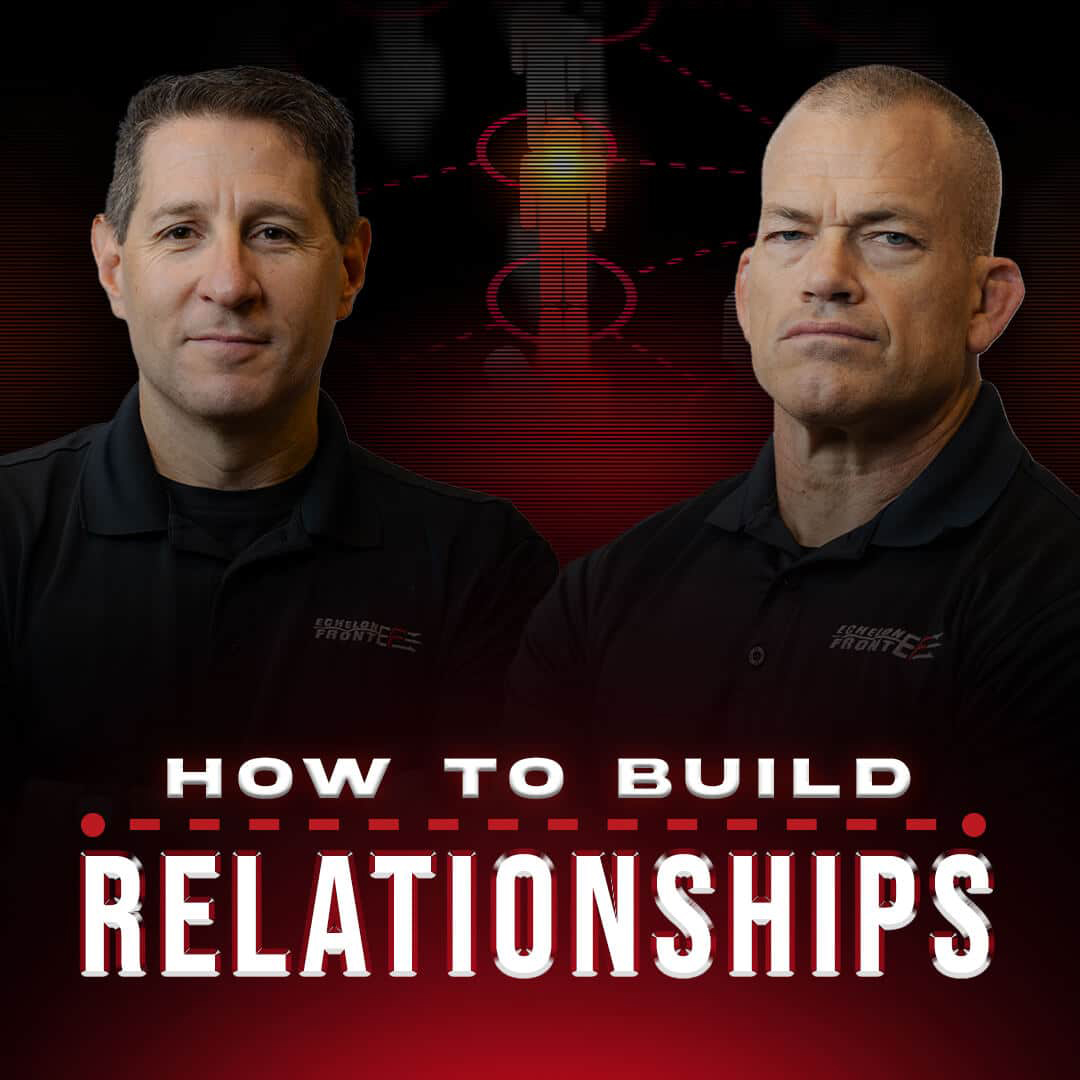Why Do Interoganizational Relationships Matter?
For decades, the American workforce showed up to work and “punched a clock.” Their only goal was to get through the day and go home to see their families. In recent years, Millennials and Gen-Z have been sending clear signals that they care far more about the quality of their work, feeling like they’re making an impact and a sense of accomplishment than they are about the paycheck.
For these new generations, watching their parents and grandparents put in thirty years at a corporation only to be laid off and replaced with someone younger and cheaper has taught them the value of interorganizational relationships and the quality of the job itself.
What Are Organizational Relationships?
There are many types of interorganizational relationships. They aren’t all bosses and team members. There are interdepartmental relationships, good-spirited internal rivalries between teams, and the more straightforward interorganizational relationships we have with support staff and the IT department.
The mistake is to think that you are siloed where you are. As a leader, you should foster deep interorganizational relationships up and down the chain of command and horizontally across every department you contact.
Why? Because we are human. We know when we belong and when we don’t, and we’re all more apt to help someone we know, like, and trust than we are to help a stranger, even if they work two cubicles over.
Advantages of Interorganizational Relationships
Taking our example from earlier, if you treat your IT department as separate, you’ll find it challenging to get the technological support you need when you need it.
What about your inside sales department and its relationship with accounting? How much easier is it for your sales rep to approve their sale and receive their commission (their incentive for growing your business) if they have built a deep and authentic relationship with that decision maker?
Everyone in your organization must feel like they are a part of the team. They must know your Commanders Intent, or your Decentralized Command will be ineffective because everyone will be siloed and focused only on the task and their team without thinking about your organization’s objectives.
When your team is unified with deep and friendly interorganizational relationships, your team will work more cohesively, there will be less friction, errors and misunderstandings will subside, and you’ll quickly develop a perpetually increasing trust that lifts your organization to your goals faster and further than you thought possible.
How To Develop Interorganizational Relationships
By now, you should understand the value of interorganizational relationships for you and your operation. The fastest way to develop and build those relationships is through a proper training protocol that focuses on the fundamental principles of leadership and teamwork.
At Echelon Front, our online leadership academy can help you learn how to develop those skills up and down the chain and across your entire organization.
We recently developed an entire relationships course to tackle challenging questions like developing interorganizational relationships. The most important thing to remember is that relationships are about people, and whether it is a boss, teammate, or a colleague in a different department, we are dealing with people all the time. Learn more here.



